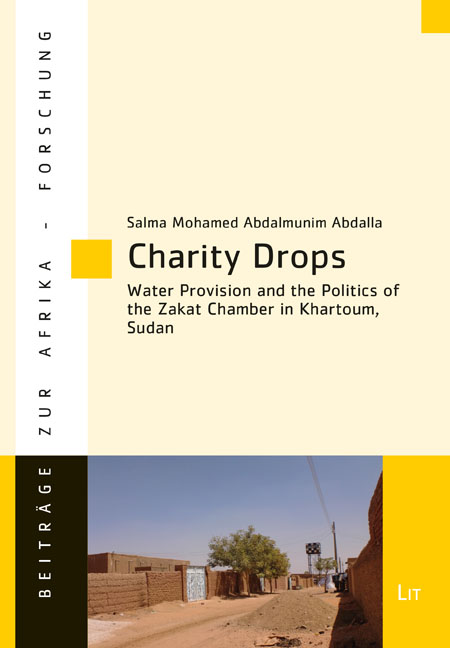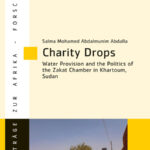Beschreibung
The study investigates how the current Islamist regime in
Sudan influences the Zakat Chamber to control the Zakat
collection and distribution. It argues that these reforms
are founded on the extension of fiqh sources
introducing modern interpretations of Zakat and based on the
prioritization between the Zakat categories according to
their definition of ‘the public interest’. Thus, the Zakat
Chamber funds service projects such as water services for
the poor. The study is the first in-depth empirical research
on the politics of the Zakat Chamber in Sudan. It gives a
novel understanding of internal dynamics of the state and
civil society in Sudan.


